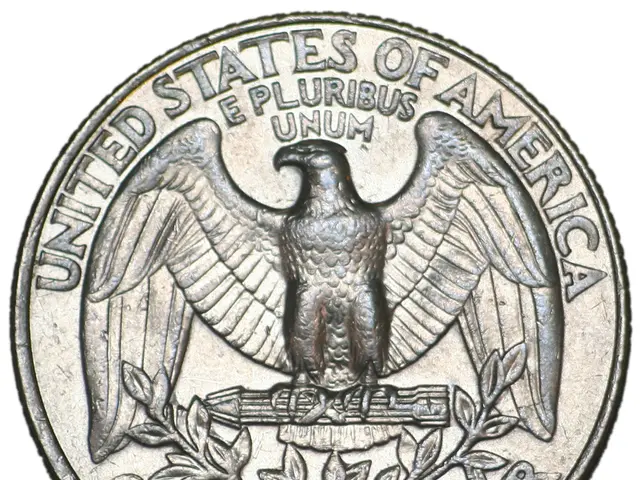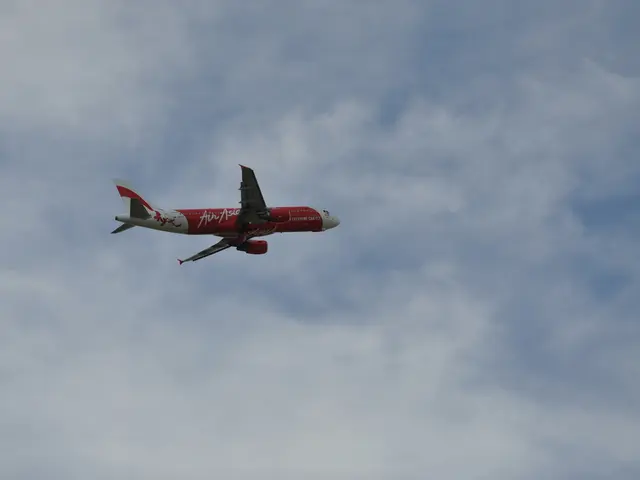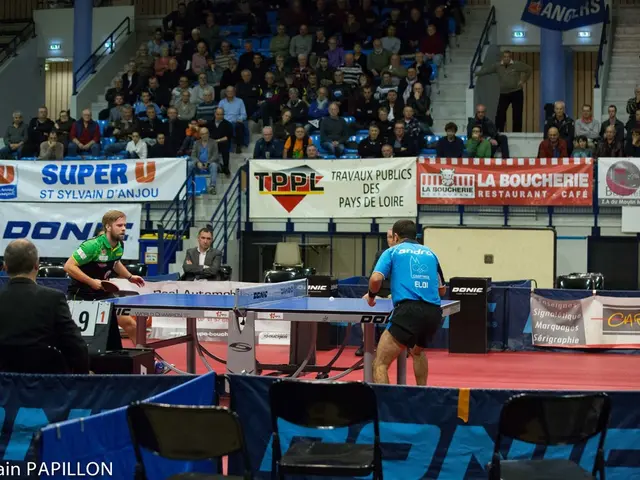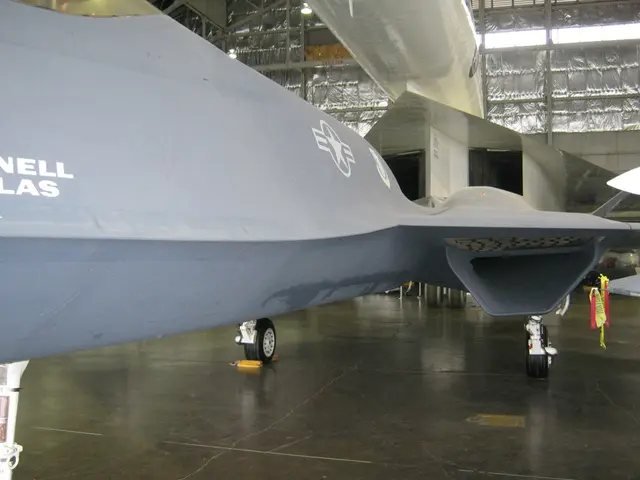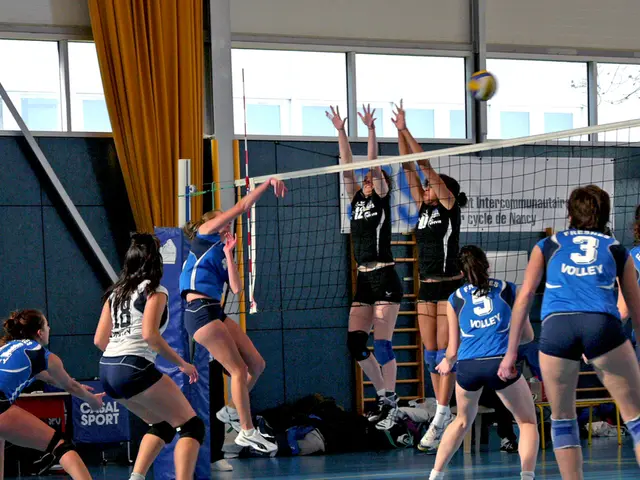Toy retailers are warning that this holiday season will see fewer toys in stores and higher prices due to supply chain challenges.CEOs of prominent toy companies like MGA Entertainment and Basic Fun expressed concern to CNN Business about the expected shortages and price increases due to complicated delivery networks and ensuing price hikes.
Isaac Larian, CEO of MGA Entertainment, which produces popular brands like L.O.L. Surprise! and Little Tikes, lamented rising container shipping costs being exploited by shipping companies like Maersk. According to Larian, a container once selling for $3,200 now costs $22,000. Raw material and labor costs are also escalating exponentially, causing product costs in China to rise by around 23% without accounting for logistics expenses. These increases will inevitably translate to higher retail prices.
Larian also explained that a truck driver shortage prevented timely delivery of toys to warehouses and retail stores. Containers filled with toys sat on ships in the ports of Los Angeles and Long Beach for over 30 days, unable to be unloaded due to a lack of trucks to retrieve them.
Jay Foreman, CEO of Basic Fun, which distributes brands like Fisher-Price, Tonka, and K'nex, expressed a similar frustration. He noted that some of his products had been stuck on containers if they could be found, and that simple toys were piling up in factories in China, making inventory management more difficult.
Foreman warned that shoppers would notice empty shelves at stores and that in-demand items would continue to sell out.
Hasbro and Mattel, two of the world's top toy manufacturers, conveyed to analysts in late July that they had secured enough containers to meet the anticipated holiday demand, albeit at the expense of increased prices to offset higher shipping costs. Jim Silver, CEO of Toys, Tots, Pets & More, a leading consumer review website, predicted price increases of 5-10%.
Brian Goldner, CEO of Hasbro, mentioned during their latest earnings call that the company had stockpiled inventory for the second half of the year to fulfill demand, even if direct imports play a larger role compared to previous years.
Neil Saunders, a retail industry analyst and managing director of GlobalData's retail division, pointed out that these challenges further demonstrate the disparity between large and small retailers, favoring those with more capital and bargaining power. China-focused shipping companies prioritize servicing the largest toy manufacturers like Hasbro and Mattel and major retailers like Walmart, Target, and Amazon.
Both Larian and Foreman expressed skepticism about whether even the largest toy manufacturers would manage to satisfy holiday demand due to logistical constraints.
Despite concerns about availability and prices, toy sales have continued to boom during the pandemic as parents turn to dolls, Lego, and board games to keep their children entertained while spending more time at home. Last year's holiday season saw a surge in toy sales due to the combination of the pandemic and stimulus checks. James Zahn, editor-in-chief of the leading toy industry publication Toy Insider, anticipated similar success if the Delta variant does not impact sales.
"Families have money to spend, and if there's toy available, they're going to buy it," Zahn told CNN Business. "Kids will still play, whatever happens, and parents will do everything they can to make things better for their children."


